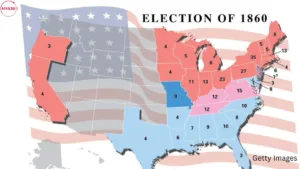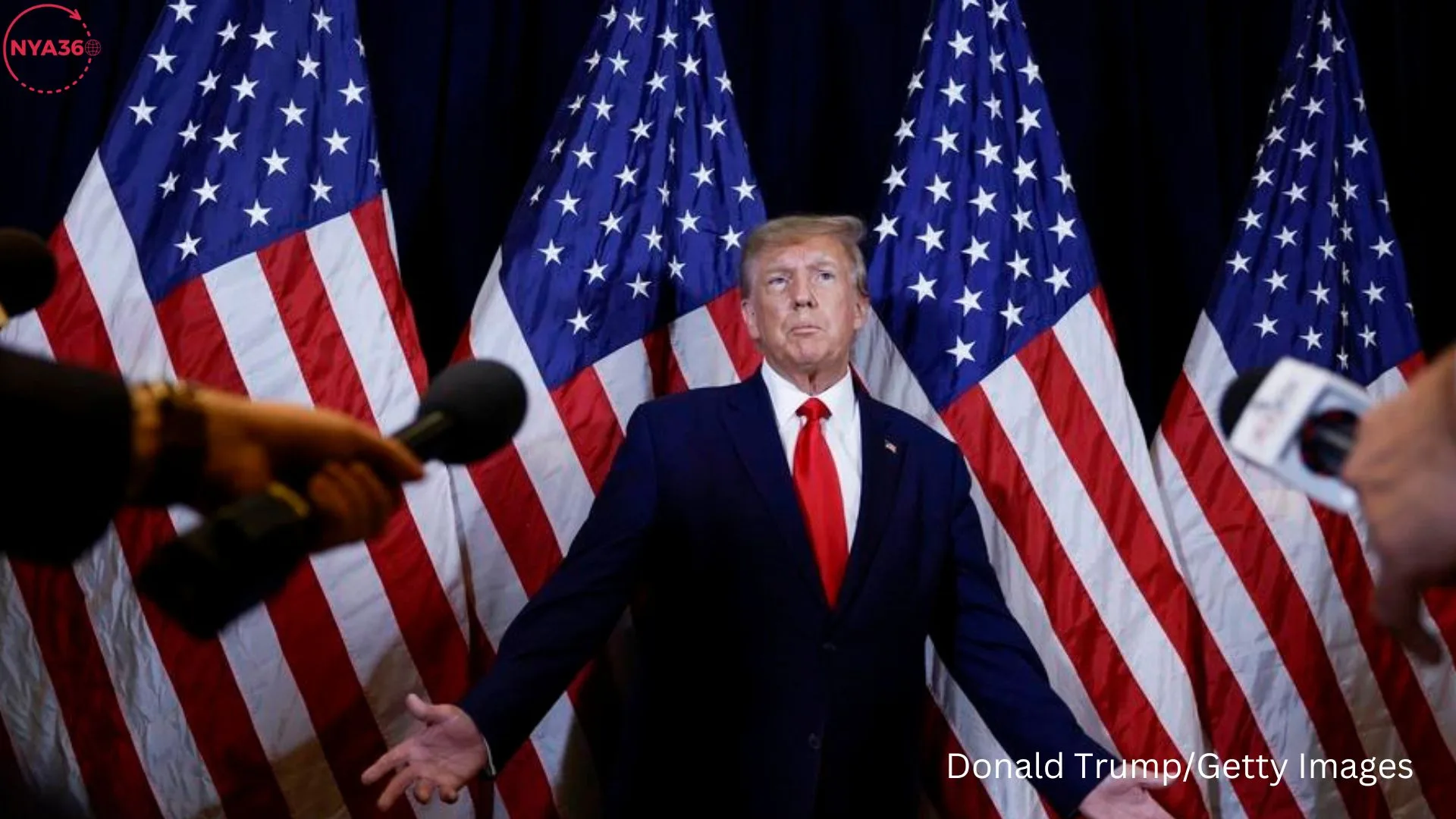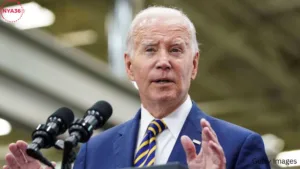The recent ruling by the Colorado Supreme Court to exclude Former President Donald Trump from the state’s 2024 presidential ballots is an important legal advancement that may impact forthcoming political procedures. The court reached its ruling based on its finding that Trump’s acts contravened the insurrection clause stipulated in Section 3 of the 14th Amendment to the U.S. Constitution.
Section 3 of the 14th Amendment applies to individuals who have participated in an uprising or revolt against the Constitution, or who have provided assistance or support to its adversaries. This section explicitly pertains to the disqualification of those who, after swearing an oath to uphold the Constitution as a federal or state officer, engage in activities that undermine the Constitution.
The Colorado Supreme Court’s decision, determined by a 4-3 majority, establishes a significant legal precedent by invoking Section 3 of the 14th Amendment to disqualify a presidential candidate from being included on a state’s ballot for the first time. This action demonstrates the utilization of constitutional laws to ascertain the suitability of candidates by evaluating their previous activities.
Nevertheless, it is important to acknowledge that this decision is susceptible to possible scrutiny and overturning by the United States Supreme Court. The legal team representing Trump has declared their intention to challenge the verdict of the Colorado Supreme Court by appealing to the highest court in the country. The U.S. Supreme Court’s judgment might have significant consequences, impacting both Trump’s probable candidacy in Colorado and the future interpretation and implementation of Section 3 of the 14th Amendment in electoral concerns.
The Election Held In The Year 1860
To fully comprehend the significance of Abraham Lincoln’s exclusion from the vote in 10 southern states during the 1860 election, it is crucial to consider the historical circumstances. In that period, Lincoln encountered resistance in various southern states as a result of his stance against slavery and the belief that his election could jeopardize the institution of slavery. The Southern states’ refusal to accept Lincoln’s candidacy was a manifestation of the profound differences and tensions that ultimately resulted in the secession of those states and the commencement of the Civil War.

To summarize, the Colorado Supreme Court’s ruling to exclude Donald Trump from the state’s 2024 presidential votes, citing the insurrection clause of the 14th Amendment, represents a noteworthy legal advancement. Nevertheless, the prospect of appealing to the U.S. Supreme Court highlights the continuing legal intricacy and the potential for additional interpretation or reversal of this ruling at the federal level.
Follow us on social media: Instagram, Threads & Twitter X @nya360_ YouTube & Facebook @nya360.





